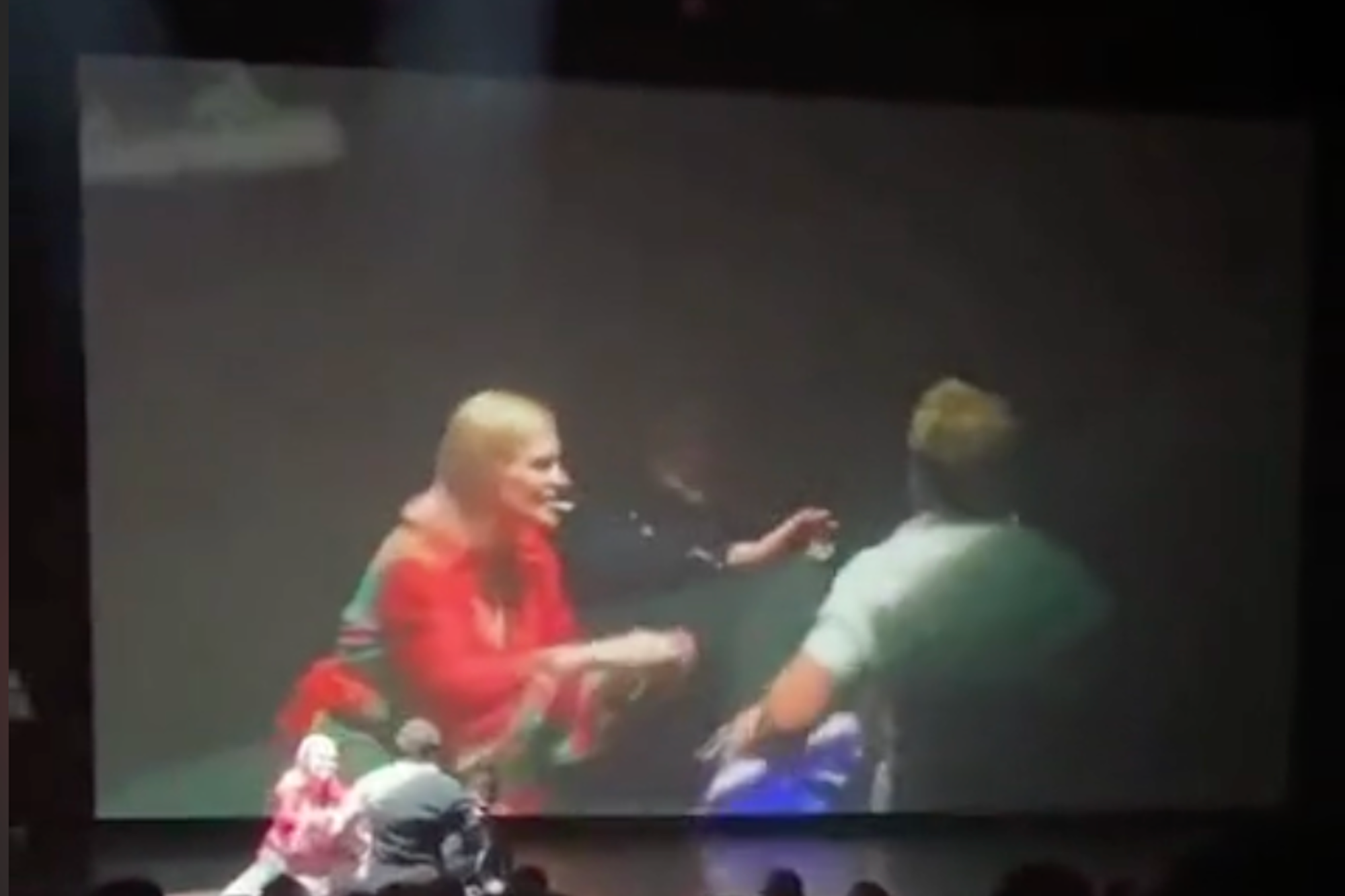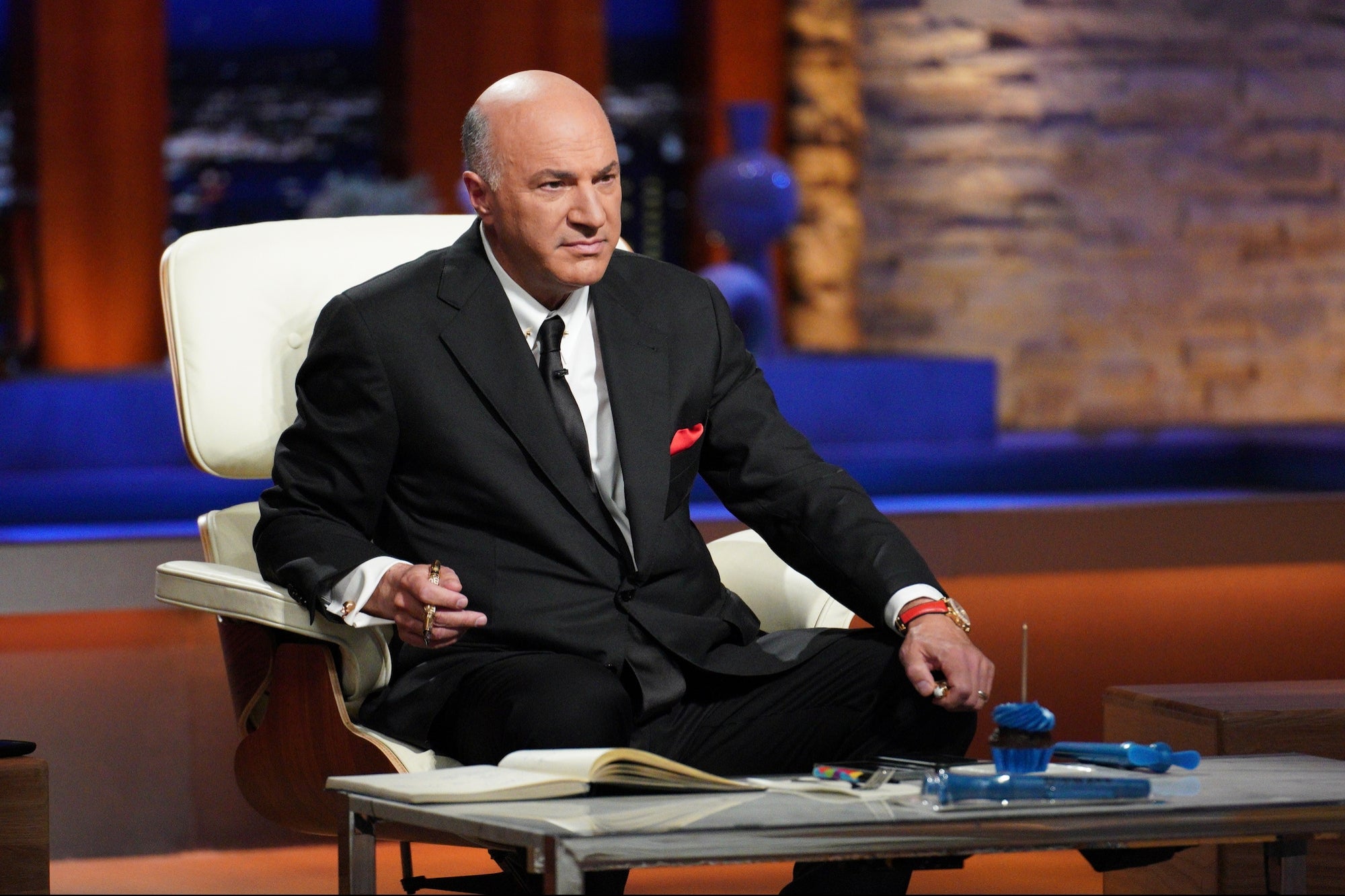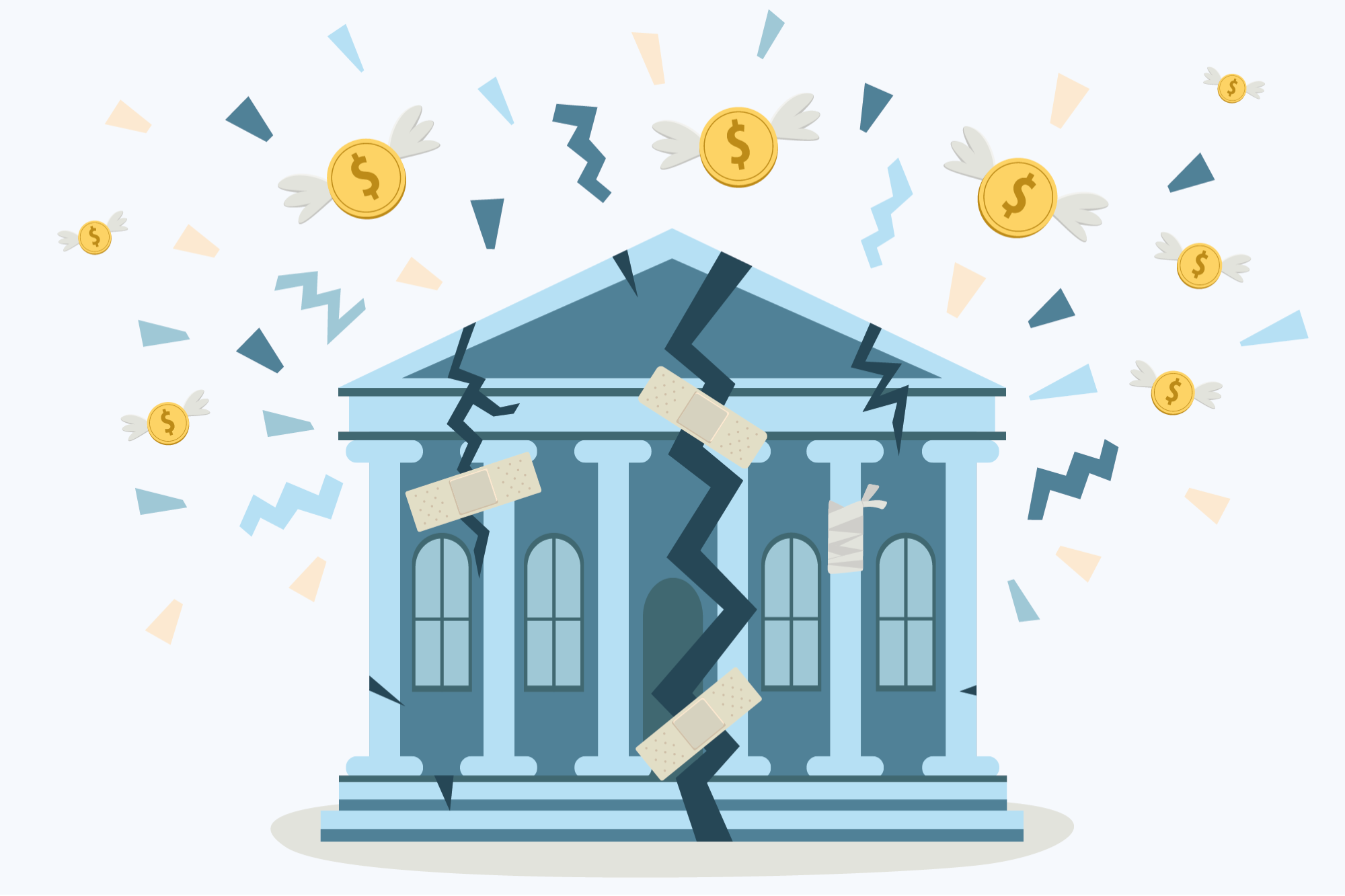Food Waste Is a Problem. These Entrepreneurial Brothers Believe They've Found a Sustainable Solution.
A chicken company called Do Good Foods hopes to combat the dual concerns of food waste and climate change.

By Jonathan Small •
The United States throws away an estimated 30 to 40% of its food supply, which amounts to approximately 133 billion pounds each year.
Aside from the enormous economic loss (around $218 billion annually), food waste also clogs up our landfills, releasing toxic methane gas that contributes to climate change.
Two brothers in Brooklyn are tackling this dual challenge sustainably. Their company, Do Good Foods, upcycles 160 tons of food waste a day into chicken feed, which is then used to grow its Do Good Chicken.
Since its launch in 2021, Do Good has diverted approximately 25 million pounds of surplus grocery food from going to landfill, saving over 3,000 metric tons of greenhouse gases from entering the atmosphere, according to the company.
Entrepreneur talked to them about their business model and the challenges they've faced.

Justin Kamine and Michael Kamine: Do Good Foods
How did you come up with the idea for your business?
We come from a family of entrepreneurs. When we learned that over 40% of the food we grow in the U.S. gets thrown away, we had to do something about it. In fact, if food waste were its own country, it would be the third largest greenhouse gas emitter behind China and the U.S. People have been using surplus food to feed animals for centuries, and we wanted to take that concept and develop a scalable solution – that first and foremost addresses the huge problem of food waste in the U.S., but also helps address climate change, since food waste in landfills is a large contributor to greenhouse gases.
How does the process work?
Our chicken feed is made with surplus grocery food, which we collect after community donations occur. We pick up all kinds of fresh food, from bagels to broccoli. After we create our animal feed, we pelletize it with a blend of vegetables (like corn and soy) that have traditionally been fed to chickens.
Related: A Machine That Turns Rotten Groceries Into Energy? Meet the Guys Making Waste Useful.
What was the biggest hurdle you faced, and how did you overcome it?
We're simultaneously blending infrastructure development with the development of a consumer brand, so what we have is a multitude of businesses within one. The biggest challenge is the balancing act between the two. But while the infrastructure can't happen without Do Good Chicken and Do Good Chicken can't happen without the infrastructure, we've decided to stay laser-focused on driving awareness for Do Good Chicken so consumers understand the very real impact they can have simply by moving their arm six inches to the right and choosing our chicken at the grocery store.
Some people advise not doing business with family. What's it like running a business as C-CEO brothers?
Building a company as a family from the ground up has required a lot of long nights, anxiety-filled days, and difficult decisions. Together, we have found a way to lean into our unique strengths, skill sets, and personalities. Justin is focused on marketing and sales while Matt is focused more on construction, operations, and finance. With that, we have relatively two different ways of seeing an end goal, yet the beauty is we are solely focused on a singular mission: solve food waste as quickly as possible.
Can you share some advice with other entrepreneurs wanting to get into the "Green" business?
Don't give up. There's a reason that sustainability is a relatively new field. The status quo hasn't worked, and because of that, we're faced with real problems that require intelligent and different solutions. Know that you'll be faced with many uphill battles as you challenge the status quo. Those trials will make you realize that the way we currently do things is not efficient, yet changing it can be extremely time-consuming and you'll be told "no" more times than you care to remember. It requires strength and perseverance to see through the challenges. But if you keep going through those times when you don't think you can stomach another no, you'll eventually get to the "yes" and create the impact and the change the world needs.











